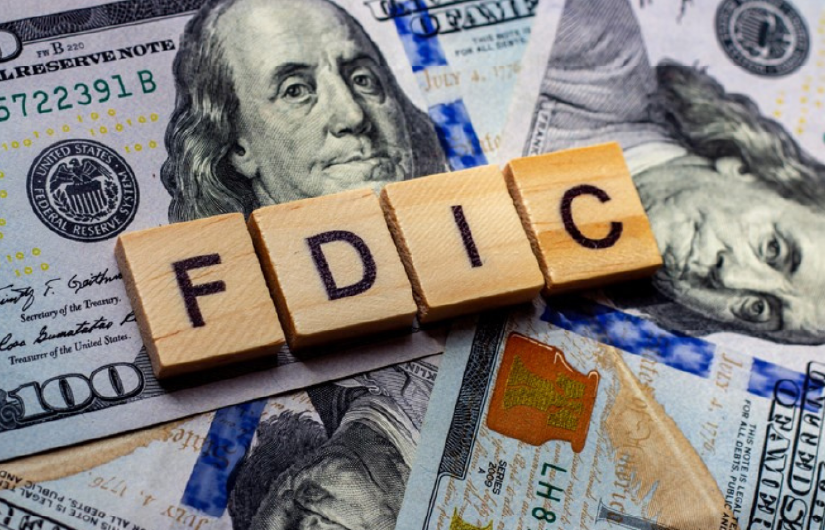With recent events surrounding Silicon Valley Bank, many may be wondering: What exactly does it mean for my bank deposits to be FDIC insured? Is the money in my bank account safe?
While banks are generally considered to be a safe place to store your money, unexpected events like bank failures can occur, leaving depositors vulnerable. This is where the Federal Deposit Insurance Corporation (FDIC) comes in.
What is the FDIC?
The FDIC is an independent agency of the U.S. government that provides insurance coverage to depositors in the event of a bank failure. This means that if your bank fails, the FDIC will step in to ensure that you get your deposits back, up to a certain amount.
So, how does FDIC coverage work?
FDIC insurance covers many types of deposit accounts, including checking, savings, money market, and certificate of deposit (CD) accounts. The current standard insurance amount is $250,000 per depositor, per insured bank, for each account ownership category. More information about ownership categories can be found on the FDIC Information and Support Center.
It's important to note that not all banks are FDIC-insured. Banks and savings associations that are insured by the FDIC will display the FDIC logo on their premises and websites. You can also use the FDIC's BankFind tool to check if your bank is insured.
- Checking accounts
- Negotiable Order of Withdrawal (NOW) accounts
- Savings accounts
- Money market deposit accounts (MMDA)
- Time deposits such as certificates of deposit (CDs)
- Cashier's checks, money orders, and other official items issued by a bank
It’s important to note that not all financial products are FDIC insured.
What the FDIC does NOT cover:
- Stock investments
- Bond investments
- Mutual funds
- Life insurance policies
- Annuities
- Municipal securities
- Safe deposit boxes or their contents
- S. Treasury bills, bonds or notes*
*These investments are backed by the full faith and credit of the U.S. government.
The FDIC insures deposits that a person holds in one insured bank separately from deposits in another separately-chartered insured bank. Funds deposited in separate branches of the same insured bank are not separately insured.
How do I know if my deposits are covered?
It is not necessary for depositors to apply for FDIC insurance. Coverage is automatically applied whenever a deposit account is opened at an FDIC insured bank or financial institution.
To find out if your bank or financial institution is covered, the FDIC gives these recommendations:
- Call the FDIC toll-free: 1-877-275-3342
- Use FDIC's "Bank Find" at: BankFind
- Look for the FDIC sign where deposits are received
For questions or to learn more about FDIC coverage, reach out to Minnwest Bank.


